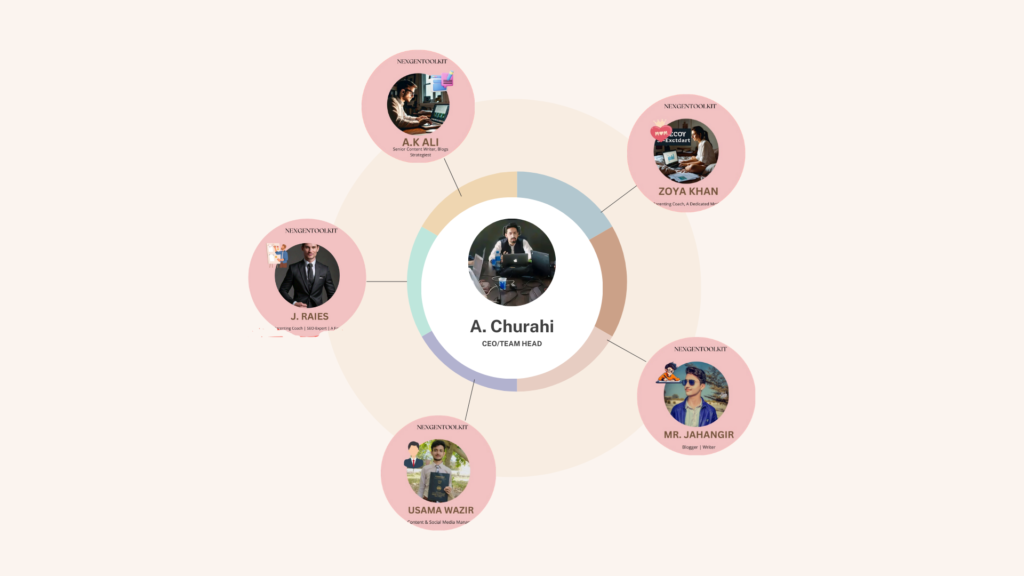Education is a notable aspect of a child’s life whereby the options parents provide their children in terms of learning affect their growth and the coming years. Unschooling and homeschooling are two styles of educating an individual that differ from conventional education systems in terms of their beliefs and practices. Knowledge of the differences and the advantages of the two make it easy for parents to wade through the educational systems.
You May Also Like This Non-Toy Gifts For 1 Year-Old Baby

What is Unschooling?
Un-schooling, also known as radical unschooling, is an ideology of learning that is child-centered, as opposed to conventional learning methods. Proponents of using what is referred to as ‘unschooling’ are of the view that the child should be allowed to engage in activities that may interest him or her at a given age in a given topic without any forced lessons and tests being given to him or her. While restricting the child to some sort of curriculum is alien to the unschooling philosophy, students get to learn the real world and gain knowledge through real-life scenarios.
What is Homeschooling?
Homeschooling on the other hand entails parents becoming teachers to their children and teaching them through a structured curriculum that does not entail going to school. Homeschooling may be based on any of the following educational
- philosophies: classical education, Montessori, and more; can use traditional books and electronic gadgets. While homeschooling may entail a lot of similarities to unschooling it is common to have more structure with clear goals and objectives.
50 DIFFERENCES AND BENEFITS
Philosophical Approach
- Approach to Learning: Unschooling entails learning without a structure based on the child’s choice, while homeschooling entails learning conducted through instruction bearing a parent’s imprint.
- Curriculum: Unschooling therefore does not have a set syllabus while homeschooling most often involves a set syllabus.
- Flexibility: Unschooling is the most flexible type of learning schedule and material while homeschooling is flexible but maintains a schedule.
- Learning Environment: While unschooling focuses on children’s natural learning environment, homeschooling on the other hand allows children to be taught in what resembles the classroom environment in their own homes.
- Autonomy: Since Eric and Melynda embrace unschooling, then they come up with a decision of the kind of learning to have, while homeschooling involves a form of direction provided by parents.
METHODOLOGIES
Teaching Style: Unschooling is closer to coaching and approaching, though homeschooling implies teaching more traditionally.
Assessment: Unschooling does not use any tests and assessments while homeschooling can incorporate tests and assessments regularly.
Socialization: The natural unschooling approach does not restrict children from socializing with other persons in society while homeschooling may involve organizations and socialization programs such as co-ops.
Curiosity: It is seen that unschooling supports the curiosity and magnificence of the learner whereas homeschooling facilitates curiosity along with specific objectives.
Learning Pace: While learners in unschooling environments can progress through lessons independently of each other in terms of pace, learners in homeschooling environments can have pace standards that have been set by the educational systems.

EDUCATIONAL OUTCOMES
- Academic Achievement: Homeschooling is more quantitatively oriented in terms of academic achievement, while unschooling is more focused on the child’s day-to-day social and learning progress.
- Life Skills: Unschooling focuses on the attainment of life skills and applying them, on the other hand, homeschooling incorporates life skills into the curriculum.
- Creativity: Unschooling enhances creativity as well as innovation while homeschooling offers certain learning platforms that are as well creative.
- Critical Thinking: there is an explanation of how both approaches help critical thinking skills but, in unschooling, the child may learn through experience.
- Motivation: Unschooling does not incorporate external motivation and only depends on the desire of the child to learn something while homeschooling might use rewards and goals for motivation.
PARENTAL ROLE
- Involvement: The main difference can be described as a strict schedule for a child’s education for the parents in homeschooling, while unschooling is about helping the child decide what they want to learn.
- Support: Unschooling entails the child learning as per their interests while homeschooling parents are the direct teachers of the children.
- Learning Resources: Unschooling entails the use of materials based on passion as opposed to homeschooling which involves the use of books and online classes.
- Adaptability: In this case, the interest and learning pace of the child changes, thus unschooling parents adapt to the changes compared to homeschooling where parents adapt to the changes in curriculum and education standards.
- Long-term Goals: Homeschooling typically corresponds to long-term education and vocational expectations, whereas unschooling responds to the learners’ short-term learning motivation and actualization.

SOCIAL AND EMOTIONAL DEVELOPMENT
Peer Interaction: Homeschooling requires socialization while unschooling does not, there will be more natural interaction between children of similar age groups and of course when children grow up.
Emotional Intelligence: Unschooling engages the ability to be aware of one’s feelings and manage one’s own emotions and anger. Homeschooling offers organized opportunities for the child’s emotional development.
Conflict Resolution: They incorporate a way of handling conflicts, though unschooling allows the learners to go through actual experiences while homeschooling provides orientation.
Resilience: On the other hand, while un-schooling exposes learners to real-life crises that they need to solve on their own, homeschooling offers the strength learners need to cope with challenges.
Community Engagement: Unschooling refers to the engagement of the children in an unschooling community and service, whereas, homeschooling incorporates community activities as part of the homeschooling curriculum.
PRACTICAL CONSIDERATIONS
- Legal Requirements: Both approaches have to adhere to homeschooling laws, although unschooling could be more problematic because of the latter’s unconventional strategies.
- Financial Impact: Financial implication is also an implication of homeschooling and unschooling since homeschooling might need curriculum materials and resources.
- Time Commitment: Homeschooling requires most of the parents’ time daily, and the district from unschooling has an irregular timetable.
- Educational Resources: Unschooling mainly takes advantage of free resources and support from the public domain and society while on the other hand, homeschooling goes for formal and expensive materials.
- Parental Expertise: Homeschooling calls for teaching skills that the parents may be forced to learn while unschooling is a process where skills are taught by the parents, although indirectly.

CULTURAL AND ETHICAL CONSIDERATIONS
- Cultural Values: The Homeschooling system is always in touch with cultural and religious standards but Unschooling is beyond cultural significance due to focusing on the interest of the kid.
- Ethical Education: In the same respect, educational ethics are provided in both options; personal ethical independence in unschooling and moral education in homeschooling.
- Diversity: One, unschooling is open to the choices students make and the interests they have, while the other, homeschooling is open to different educational systems and methods but with a structure.
- Global Perspective: Such a concept as unschooling prepares citizens of the world by different means of learning, whereas homeschooling can be as close as possible to traditional values of the culture.
- Innovation: Unschooling encourages the ability to innovate and think creatively, whilst homeschooling encourages the ability to innovate within the syllabi.
CHALLENGES AND CONSIDERATIONS
Social Stigma: In this aspect, there is social alienation for both types of learning; although in unschooling people tend to feel like outcasts, those in homeschooling tend to be seen as outcasts.
Higher Education: Homeschooling could be more challenging in the process of getting into college whereas unschooling would present different learning experiences.
Peer Comparison: Neither of these methodologies involves peer comparison, although unschooling does not stress the accomplishment of academic goals as does school.
Parental Burnout: Homeschooling may compromise the parents as they act as teachers and thus may get exhausted while on the other hand, unschooling will continually engage parents in learning experiences.

CONCLUSION
Education is a notable aspect of a child’s life whereby the options parents provide their children in terms of learning affect their growth and the coming years. Unschooling and homeschooling are two styles of educating an individual that differ from conventional education systems in terms of their beliefs and practices. Knowledge of the differences and the advantages of the two make it easy for parents to wade through the educational systems.
Explore How To Make Paper Mache Letters?










